
Syrian Transport Minister: No Direct Contact Yet With Egypt's Kamel El-Wazir, But Cooperation On Horizon
While praising Egypt's remarkable progress in infrastructure development, Badr revealed that he has not yet held direct talks with his Egyptian counterpart, Minister Kamel El-Wazir , though he maintains strong ties with the Arab Academy for Science, Technology and Maritime Transport. He added that he looks forward to meeting El-Wazir on the sidelines of the upcoming Arab Transport Ministers' Council meeting scheduled for November.
Badr also confirmed that only 40% of Syria's railway network is currently operational, while the majority of the country's central road network suffers from years of neglect. He disclosed plans for a major metro project in Damascus, which-if finalized-would span 16.5 km with 17 stations, connecting the eastern suburb of Qaboun to the southern district of Moadamiyah.
The minister also expressed deep gratitude to Egypt for hosting hundreds of thousands of Syrians during the conflict, stressing the strong and historic ties between the two peoples.
What are the main pillars of Syria's current transport development plan?
The first pillar is making use of Syria's unique geographic location as a transit hub between Asia, Europe, and Africa. We aim to develop a transport system that leverages this position and generates added value through sustainable services.
Second, we prioritize sustainable transport in all its dimensions-social, economic, and environmental.
Third is road safety. It is indeed part of sustainable transport, but it deserves its own focus, because road accidents have cost us too many lives. We want to significantly reduce casualties.
Fourth, we are working to strengthen private sector investment. For decades, the state held a monopoly over infrastructure and operations, but today we are opening the door to investors with both expertise and financial capacity. This includes railway concessions where private partners can invest for a certain period, after which ownership reverts to the state.
And finally, serving the community. We aim to simplify procedures, reduce transaction times, and harness digital transformation to provide citizens with better, faster, and more transparent services.
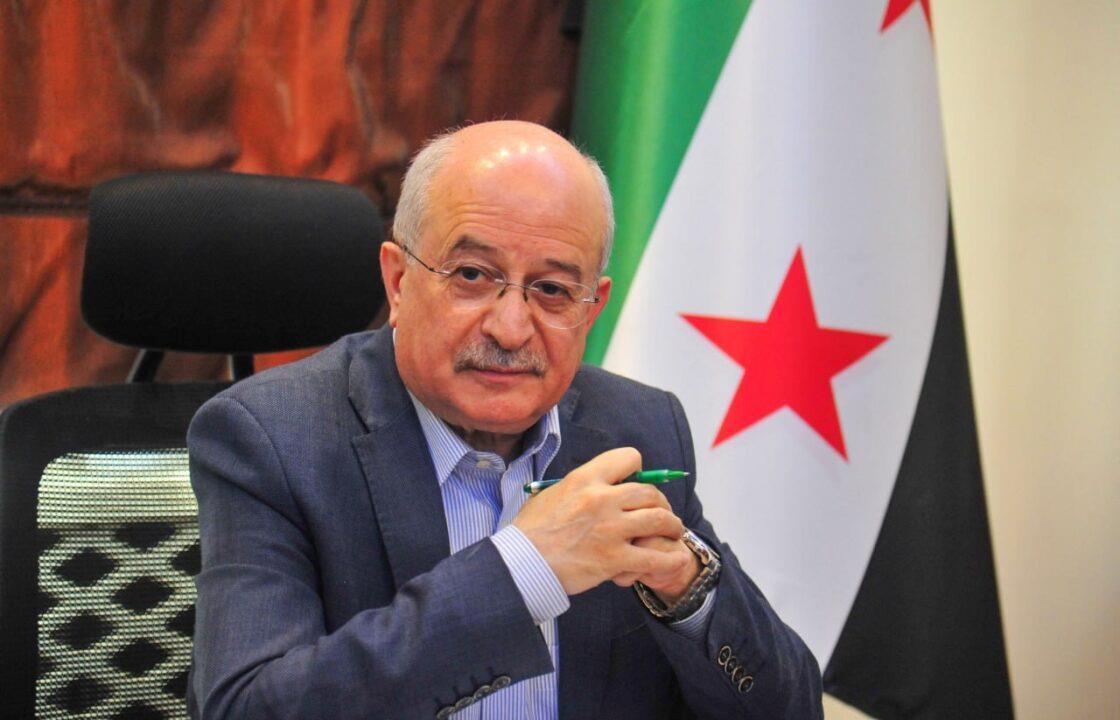
Yarob Badr
How would you describe the condition of Syria's transport networks when you assumed office?
The reality was difficult. To give a clear example, the Syrian railway network extends about 2,500 kilometers, but only around 1,000 kilometers are currently usable. The remaining 1,500 kilometers are either heavily damaged or outside state control. So only 40% is in service, and even that is not at full efficiency.
As for the roads, Syria has about 50,000 kilometers of paved roads. Out of this, 9,252 kilometers constitute the central network linking governorates, production centers, seaports, and border crossings. This core network is under the authority of the Ministry of Transport, and we inherited it in a severely deteriorated state due to 15 years of chronic neglect in maintenance. Our top priority has therefore been to rehabilitate both roads and railways, restoring them to serviceable condition before moving toward expansion.
Have you followed Egypt's experience in developing its transport sector? Could there be cooperation between Syria and Egypt in this regard?
Absolutely. I have personally witnessed the tremendous progress in Egypt. I visited several times before becoming minister, during my tenure as Regional Advisor on Transport and Logistics at ESCWA. What has happened in Egypt in recent years is a genuine renaissance: vast expansion of expressways, modernization of railways, and landmark projects like Cairo's monorail.
Equally impressive is Egypt's initiative to convert taxis to natural gas, which has both economic and environmental benefits. I say with pride that this Egyptian experience is a model for the Arab world, and we in Syria are determined to benefit from it.
On behalf of the Syrian government, I must also extend heartfelt thanks to Egypt's government and people for their generosity in hosting hundreds of thousands of Syrians over the past 15 years. Many of them have achieved significant success in Egypt thanks to the support and encouragement they received. This is a testimony to the depth of relations between our two nations.
Have you established direct communication with Egypt's Minister of Transport, Kamel El-Wazir?
Not yet. I know Minister Kamel El-Wazir personally and hold him in high regard, but there has been no direct communication between us so far. However, we do have strong engagement with the Arab Academy for Science, Technology and Maritime Transport, which is based in Egypt and plays an important role in maritime and logistics training.
I am also scheduled to visit Egypt in November to attend the upcoming Arab Transport Ministers' Council meeting. This will be a valuable opportunity to renew contact with Minister El-Wazir and with colleagues at Egypt's Ministry of Transport, many of whom I know personally and respect greatly.
Regarding urban transport, is there any plan to establish a metro system in Damascus?
Yes, the Damascus Metro project has existed for many years but was stalled due to circumstances. We have now revived it through a memorandum of understanding signed between Damascus Governorate and the National Holding Company in Sharjah, under the auspices of the Ministry of Transport, since the transport minister chairs Damascus' Higher Committee for Public Transport.
Under this memorandum, a consortium will be formed with three types of partners: a financial partner to provide funding, a technical partner specialized in tunnel construction, and an operator experienced in metro management. If the Syrian government accepts their proposal, the memorandum will be transformed into a formal agreement.
The project will begin with feasibility and executive studies lasting six months to one year. If successful, construction of the first metro line would then take around four years. This line will be 16.5 kilometers long with 17 stations, starting from Qaboun in eastern Damascus-home to the future railway station-passing through the historic Hijaz Station in the city center, and continuing south to Moadamiyah.
Any final remarks?
I warmly welcome Daily News Egypt to Damascus. Syria has always had a special affection for Egypt, and the Syrian people hold Egyptians in the highest regard. Damascus loves Egypt, and we look forward to deeper cooperation between our two countries in the future.

Legal Disclaimer:
MENAFN provides the
information “as is” without warranty of any kind. We do not accept
any responsibility or liability for the accuracy, content, images,
videos, licenses, completeness, legality, or reliability of the information
contained in this article. If you have any complaints or copyright
issues related to this article, kindly contact the provider above.
Most popular stories
Market Research

- Financewire And Tipranks Partner To Redefine Financial News Distribution
- Ethereum-Based Defi Crypto Mutuum Finance (MUTM) Reaches 50% Completion In Phase 6
- Stonehaven Circle Marks 13Th Anniversary With Hadrian Colwyn Leading Calvio Ailegacyx Innovation
- Citadel Launches Suiball, The First Sui-Native Hardware Wallet
- Motif AI Enters Phase Two Of Its Growth Cycle
- Dubai At The Centre Of Global Finance: Forex Expo 2025 Redefines The Trading Landscape

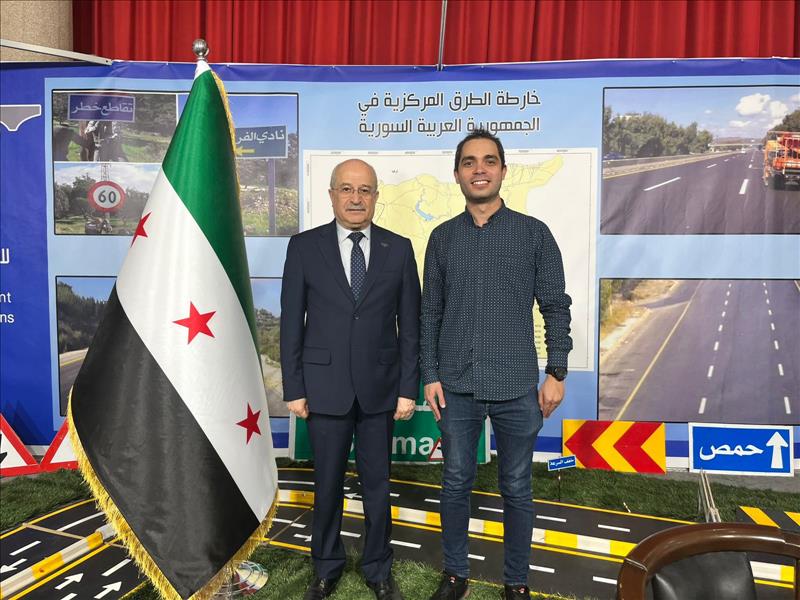
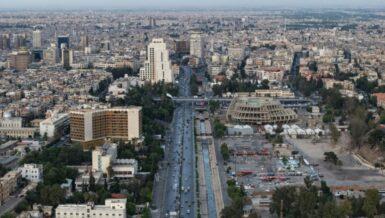
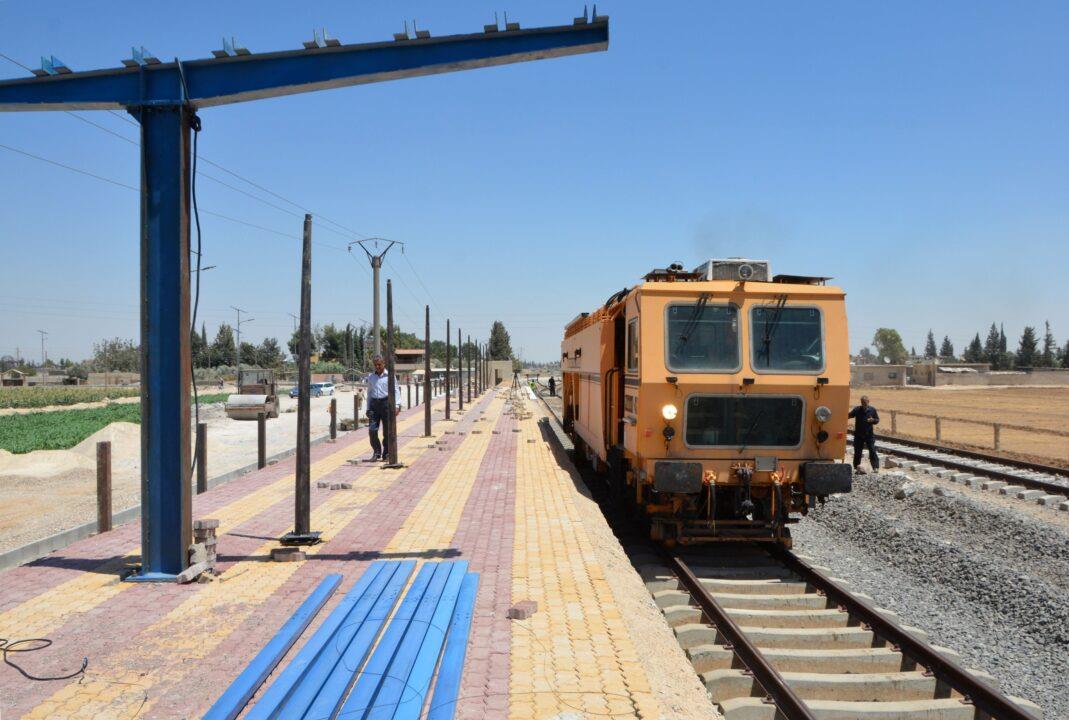
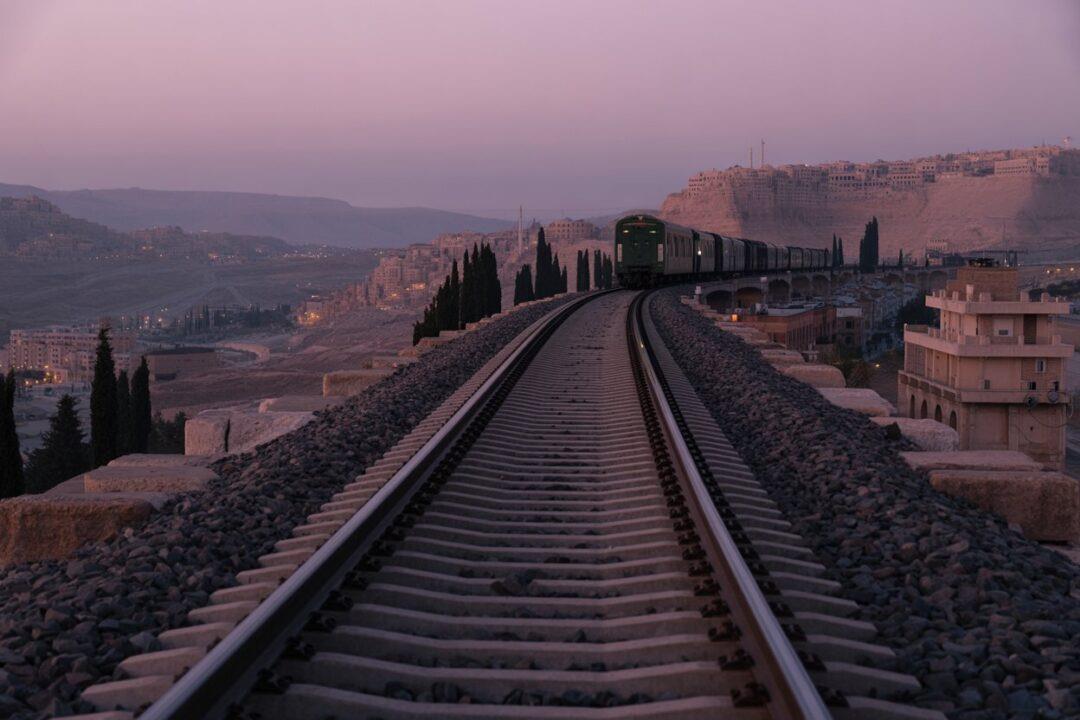

















Comments
No comment